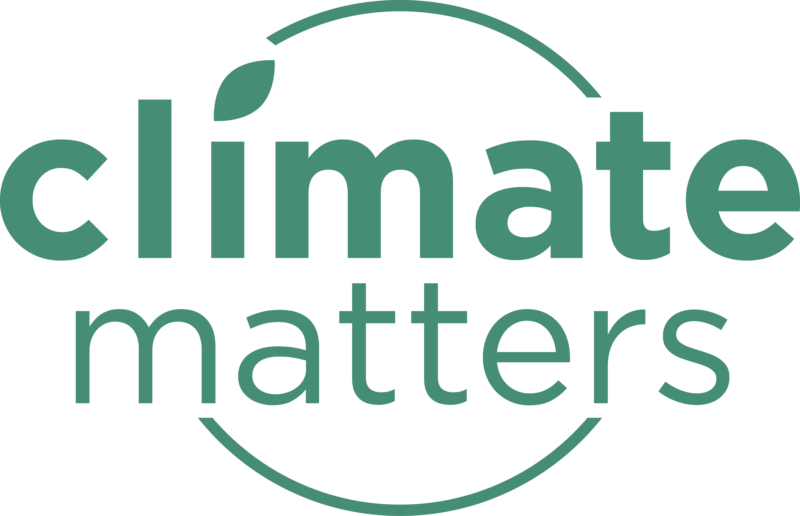Paris Climate Summit – Media Summary – 9.12.15 – Canadian Coverage
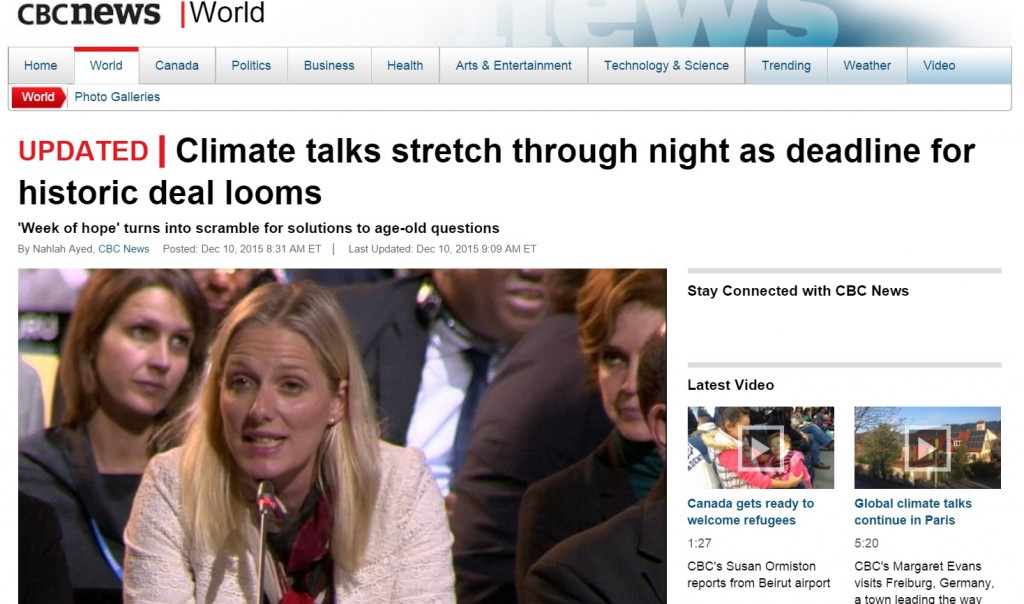
Three publications’ coverage relating to COP212 were examined from yesterday: CBC, The Toronto Star and The Globe and Mail.
“I Can’t Believe I Still Have To Protest This Sh*t” Seven Days of Climate Change on Reddit
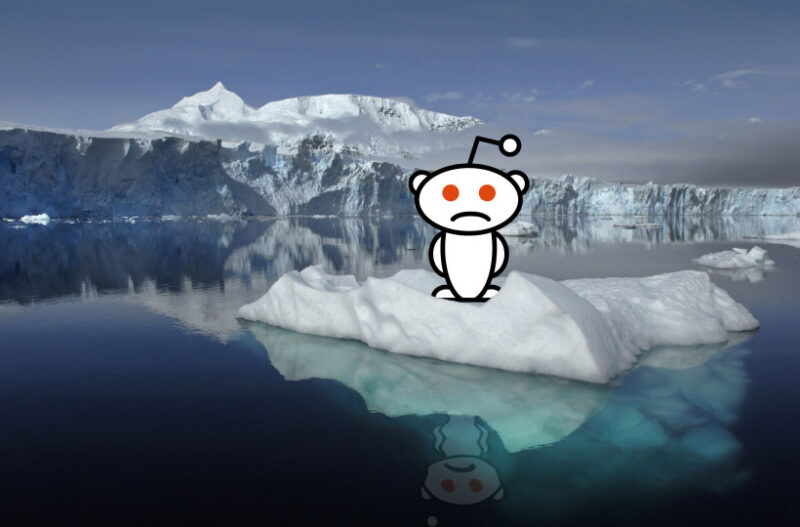
There’s always much to be said about climate change. During COP21, a critical and potentially future-determining event, there’s even more to be said. We have, for example, already read on this blog how journalists cover the conference, what different climate narratives exist or on how many layers climate change affects us. What is often forgotten […]
Public meanings in Paris : Analysing Twitter hashtag trends from COP21
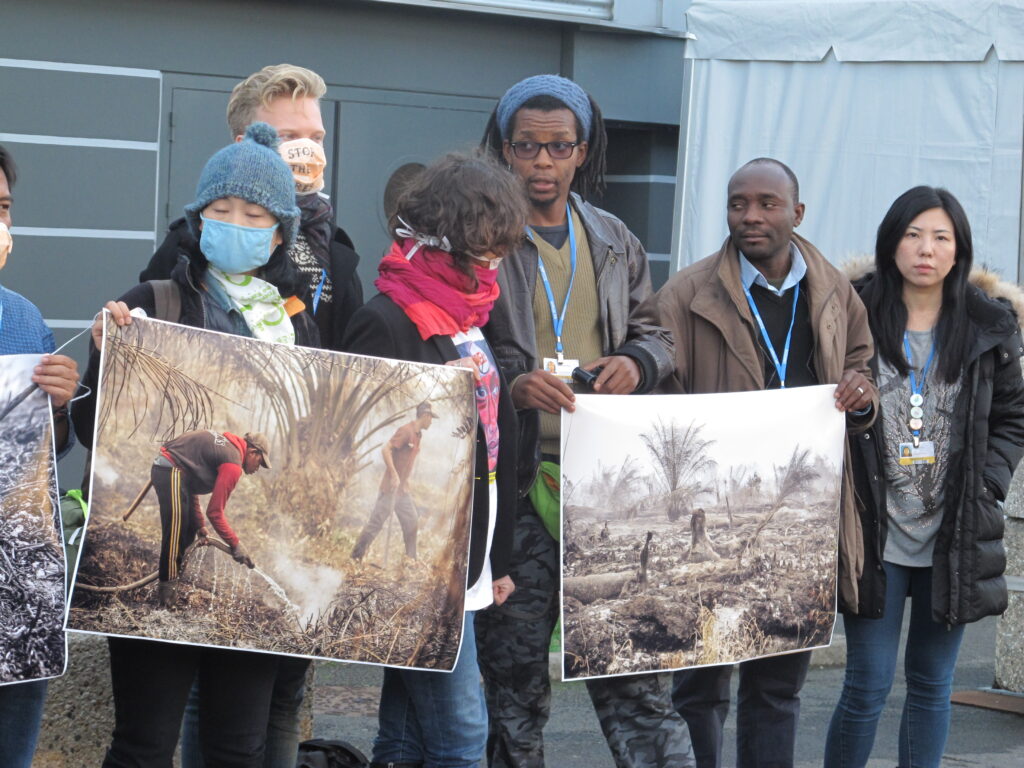
Anyone with a passing interest in climate change will know how intractably difficult international negotiations have proved in the past, reaching a low-point at Copenhagen. Whatever the outcome this week in Paris, the preponderance of ‘square brackets’ in the latest draft document (signifying those issues still to be resolved) indicates that the task remains troublesome. […]
Climate coverage across cultures: 9 types of media narratives at COP21

Before dealing with environmental news reporting academically, I was involved in the environmental movement personally, since back in the 90s. I was, for instance, at the World Social Forum which took place during the now sadly famous G8 summit in Genoa in July 2001. I was volunteering as a translator and spent several days actively participating. […]
Security measures and civil action: an analysis of media coverage at #COP21

The day after the Paris attacks, a state of emergency was declared in France. As a result, civil liberties were restrained and exceptional police powers were dedicated to regulating the movement and residence of the public. The state of emergency was promulgated by the French Assembly for a period of three months beginning on November […]
Paris Climate Summit – Media Summary – 29.11.2015 – The Guardian, New York Times, Sydney Morning Herald
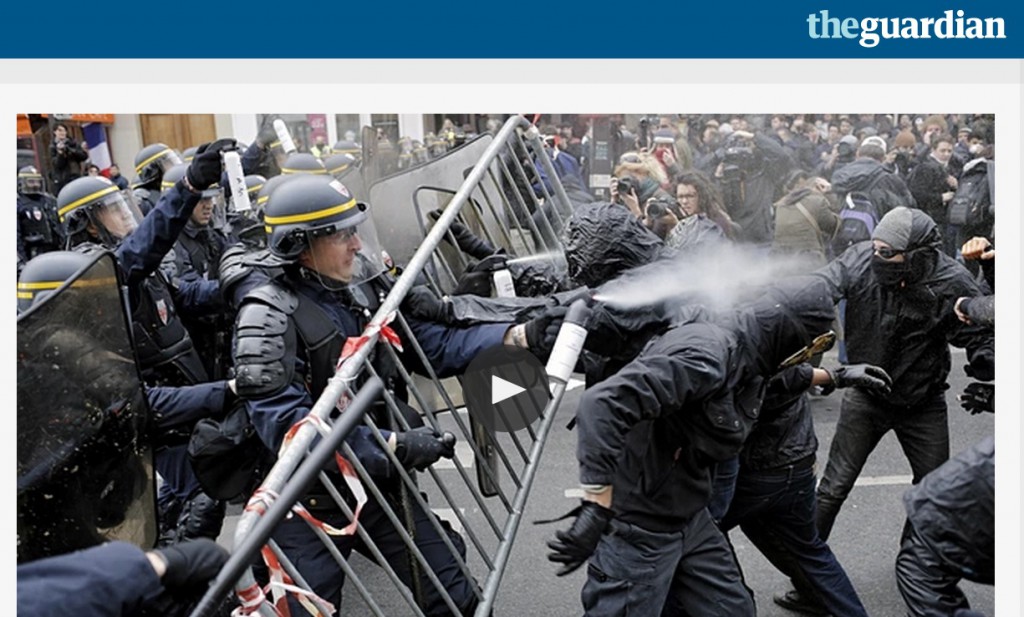
Here is a short overview of articles that were posted on 29 November in three major Western media outlets from the United Kingdom, The United States and Australia. This summary comes from The Guardian, New York Times and Sydney Morning Herald (online editions).
Time to Move on: The Paris Summit as Opportunity to Develop New Narratives on Climate Change
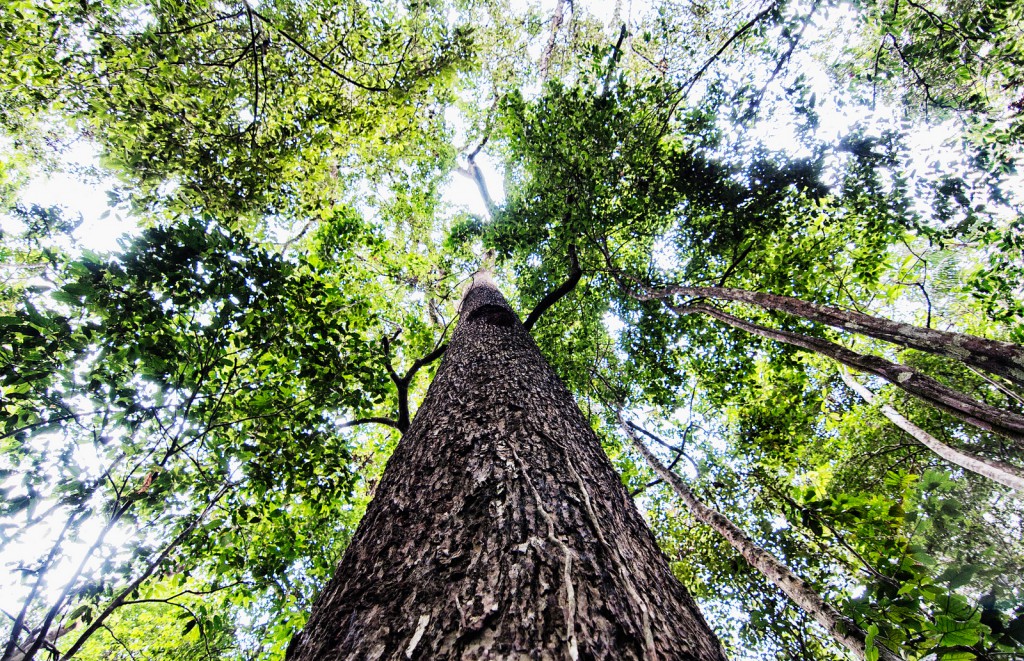
The debate about climate change is almost thirty years old. Endless time and energy has already been spent in unproductive ways: discussing whether climate change actually exists, whether humans contribute to global warming, whether the risks that come with global warming are real and then whether we need to cut down on emissions. These questions are settled, but […]
About the Media Watch Blog

In our Media Watch Blog we present an analytical view of the media coverage and public debates concerned with the UN-Climate Change Conference in Paris* (November 30th – December 11th 2015) through the lens of academic observers from social and climate sciences. We focus on the coverage of the conference in leading media outlets in […]
